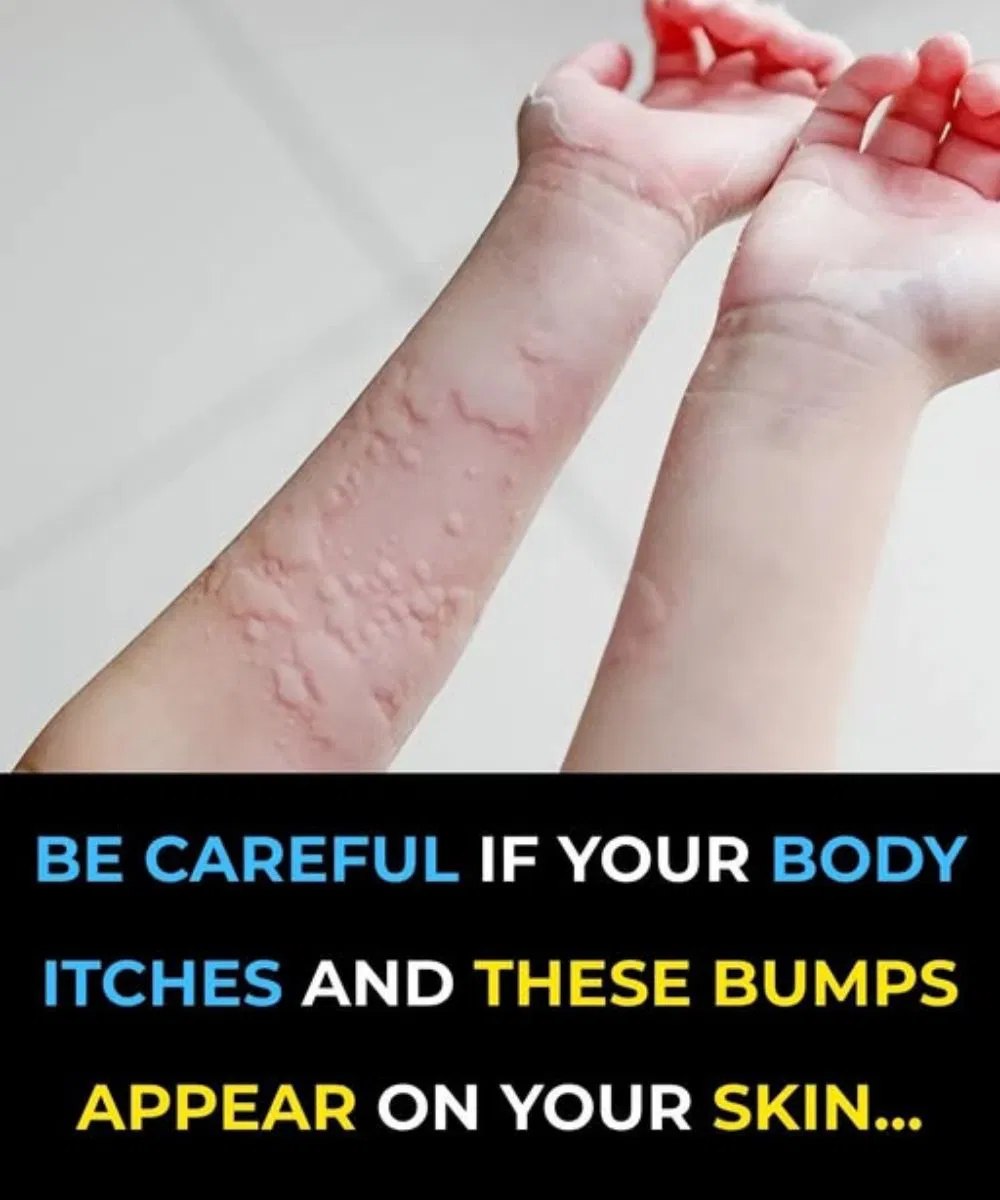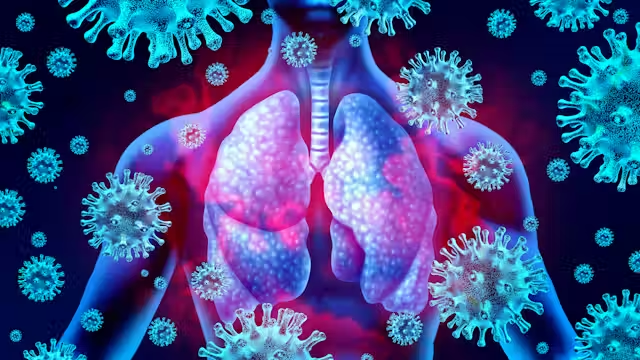


How It Happens:
Some drugs—like antibiotics, non-steroidal painkillers (e.g., ibuprofen), or certain blood pressure meds—can lead to hives as a side effect.
What To Do:
Go over your medication list with your doctor, especially if the hives appeared shortly after starting something new.

Why It Happens:
Hives can sometimes result from infections—like the common cold, mono, or even hepatitis—or ongoing health issues like thyroid disease.
What Helps:
Getting treatment for the underlying condition usually helps reduce or eliminate hives.
Why It Happens:
For those with solar urticaria, even a short time in the sun can trigger hives due to an abnormal immune response to UV exposure.
Prevention Tips:
Wear UV-protective clothing, apply broad-spectrum sunscreen, and limit time outside during peak sun hours. A dermatologist can offer personalized advice if this is a recurring issue.
Why It Happens:
Hormone fluctuations—whether during your period, pregnancy, or menopause—can make some people more susceptible to hives.
What You Can Do:
Track your symptoms alongside your cycle and speak with your healthcare provider. Hormone-related treatments or lifestyle adjustments may help.
What’s Going On:
A rare condition called aquagenic urticaria causes hives to appear after contact with water, no matter the temperature.
How to Cope:
Keep water exposure brief, use gentle skin products, and talk to a medical professional about long-term solutions.